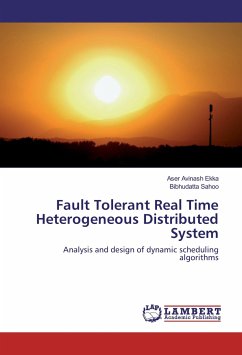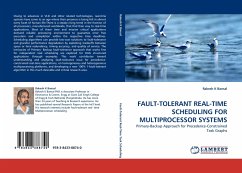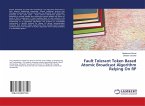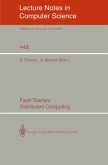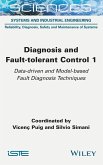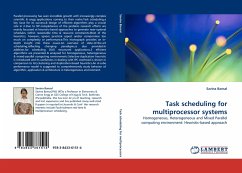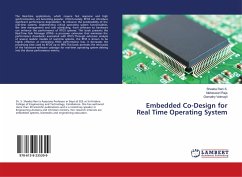Fault-tolerance becomes an important key to establish dependability in Real Time Distributed Systems (RTDS). In fault-tolerant Real Time Distributed systems, detection of fault and its recovery should be executed in timely manner so that in spite of fault occurrences the intended output of real-time computations always take place on time. Hardware and software redundancy are well-known effective methods for fault tolerance, where extra hard ware (e.g., processors, communication links) and software (e.g., tasks, messages) are added into the system to deal with faults. Performances of RTDS are mostly guided by efficiency of scheduling algorithm and schedulability analyses are performed on the system to ensure the timing constrains. Fault tolerance can be achieved by scheduling additional ghost copies in addition to the primary copy of the task. The method proposed here extends the traditional distributed recovery block (DRB) based fault tolerant scheduling approach for real time tasks. Our algorithms are mostly based on software redundancy, and ensures that the parallel updating of backup task works better in case of transient overload and handles permanent, transient and timing fau
Bitte wählen Sie Ihr Anliegen aus.
Rechnungen
Retourenschein anfordern
Bestellstatus
Storno

